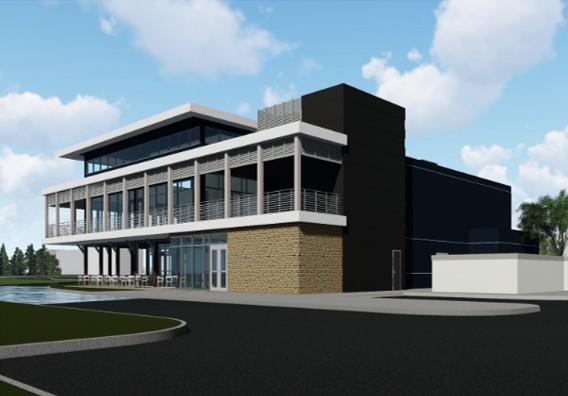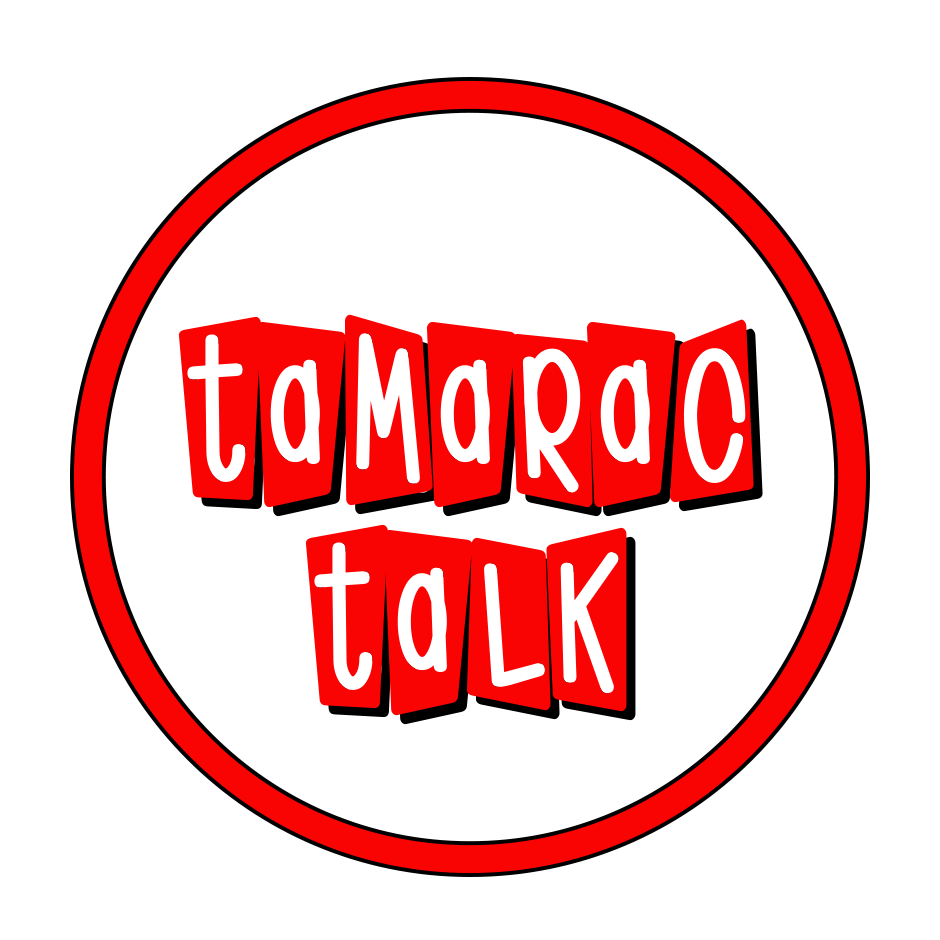
A conceptual look at Colony West clubhouse in Tamarac.
By: Sharon Aron Baron
Without any notice to the public, the Tamarac city commission voted 4-1 to increase the budget for the Colony West Club House project at the cost of $3.7 million.
Originally projected at $7.4 million, Colony West’s construction costs were increased to $11.1 million and added to Wednesday’s agenda as a “walk-on” – meaning the city did not give notice to the public on the vote.
The original projected costs for the Colony West clubhouse redevelopment were based on a conceptual plan, said Finance Director Mark Mason. He said that over the past 14 months, construction, labor, and building costs, based on the completed designs, have all increased 25 percent.
An increase of $3.7 million would be a 41 percent increase over the conceptualized project, not 25 percent, said Commissioner Marlon Bolton who said the city could call it 25 percent using a bit of “fuzzy math.”
“The original budget was 7.4 million, without a 10 percent contingency,” said Bolton. “Hypothetically, if the budget were increased by 3.7 million – without the contingency, it would be increased by 3.3 million, then the increase would be almost 25 percent. In actuality, they are going from 7.4 million to 11.1, so that is a 41 percent increase.”
The city originally entered into a purchase and sale agreement with AD1 Tamarac Hotels LLC to buy the 2.245-acre property for the clubhouse parcel for $1,405,000. This would include an 18,135-square-foot clubhouse, a 7,541 square foot cart barn, and parking, said City Manager Michael Cernech.
“This is not simply building a building or a cart barn. This is a complete redevelopment of the Colony West site,” said Cernech. “Everything you see at Colony West today will be gone and will be replaced with a new clubhouse, a new cart barn, and a Fairfield Inn by Marriott Hotel.”
With the construction cost increases, Cernech said Marker Construction looked at ways to reduce costs but could not. He suggested the commission reduce the size of the building and the scope of the redevelopment project. He said if they reduced the building from a two-story to a one-story building, it would save costs; however, it would affect revenue from catering, weddings, parties, and corporate events.
“Effectively, we will be eliminating the ballroom and the catering kitchen,” said Cernech. “The revenue opportunities would be limited to a small bar and restaurant and would mostly focus on the golfers that utilize Colony West as a place to play golf.”
Cernech’s recommendation was to authorize the $3.7 in additional funds to build the building as the commission desired it to be built and to fulfill the vision that he believed they had when the project was conceived, which was to provide a complete redevelopment of the Colony West site and to serve as an economic catalyst for that area.
Vice Mayor Michelle Gomez, representing the district where Colony West is located, said it was time to move it along. “We made a promise for a clubhouse, not a golf house,” she said. “This is a community center, so to speak, that has two beautiful golf courses that are getting better every day. The idea of money is important, and we need to be fiscally responsible. We would be irresponsible if we took away one of the primary benefits of this clubhouse: for catering events. For having parties here.”
Commissioner Julie Fishman said this was a project she had heard about since she moved into the city. “I agree with those that have gone before me that this is a project that the residents have waited for long enough. Let’s get this moving.”
Mayor Harry Dressler wanted to promote Tamarac as a destination. He believed that improvements to Colony West and the hotel would be a drawing power for the city.
Bolton was concerned because the commission only received an email regarding the meeting the night before at 8 p.m., and he didn’t have enough time to do any research. “I don’t see where the transparency is. I think this should have been in a workshop where we talked about it. I go home on a Monday, I research. Tuesday, I research. And on Wednesday, I come to make a decision. We walked this on after an 8 ‘clock email. I don’t think it’s appropriate for us to decide on this when I had no chance to talk to my residents and tell them what I’m going to do. I don’t think this is transparent, and I don’t see the urgency in this.”
While discussing construction prices increasing, Mason compared how gas prices change from day to day.
“We liken $4 million to driving past a gas station and gas prices,” said Bolton. “This is [the] residents’ money.”
Bolton asked Mason to explain exactly where the money would be coming from for the project.
Mason said $1.405 million would be coming from the sale of property 2.245 acres. In November 2016, the commission approved $6 million for an interim loan from the stormwater fund. For the $3.7 million, the city would be issuing debt in three months that would be funding three walls, fire station 36, and Water’s Edge Park. They will be recovering a certain amount of money associated with this and setting aside projects, including road paving and medium replacement, and setting up an economic development reserve in the general fund. Paving and median replacement won’t be done until 2020, and this will allow the city to utilize those funds today. When they issue the debt when the project is completed, they will recover those funds, and they will go back towards those projects.
“The money concerns me, said Commissioner Debra Placko. “But we are looking at a facility that will upgrade our city for the next 30 years. Would I have liked to have seen a $7 million clubhouse? Of course. That was the plan, but stuff happens. I’m not happy about it, but this is something we need to do.”
Bolton, who voted no on the project, said his vote was about transparency, the process, and how the city does things.
“It’s not that I’m against this project,” said Bolton. “I’m not against Mr. Mason rolling his eyes either. I’m not against our city moving forward in a positive direction. What I’m concerned about is our process, how we do things. I’ve said it before, and I’ll say it again, I do not like walk-ons. It does not give the public the amount of time to digest what we’re going to discuss, and so we don’t allow them to come here to compliment or voice their concerns.”
Author Profile

Latest entries
 NewsMarch 7, 2025Meet Cheddar and Lilly: Adorable Dogs at Broward County Animal Care Need Loving Homes
NewsMarch 7, 2025Meet Cheddar and Lilly: Adorable Dogs at Broward County Animal Care Need Loving Homes NewsMarch 6, 2025Taste of North Lauderdale Returns for a Flavorful Celebration
NewsMarch 6, 2025Taste of North Lauderdale Returns for a Flavorful Celebration NewsMarch 6, 2025Tamarac Crime Blotter: Armed Robbery, Vehicle Thefts, and Retail Burglaries Lead Weekly Incidents
NewsMarch 6, 2025Tamarac Crime Blotter: Armed Robbery, Vehicle Thefts, and Retail Burglaries Lead Weekly Incidents NewsMarch 6, 2025Temple Beth Torah Sha’aray Tzedek Hosts 2nd Annual Purim Carnival in Tamarac
NewsMarch 6, 2025Temple Beth Torah Sha’aray Tzedek Hosts 2nd Annual Purim Carnival in Tamarac







